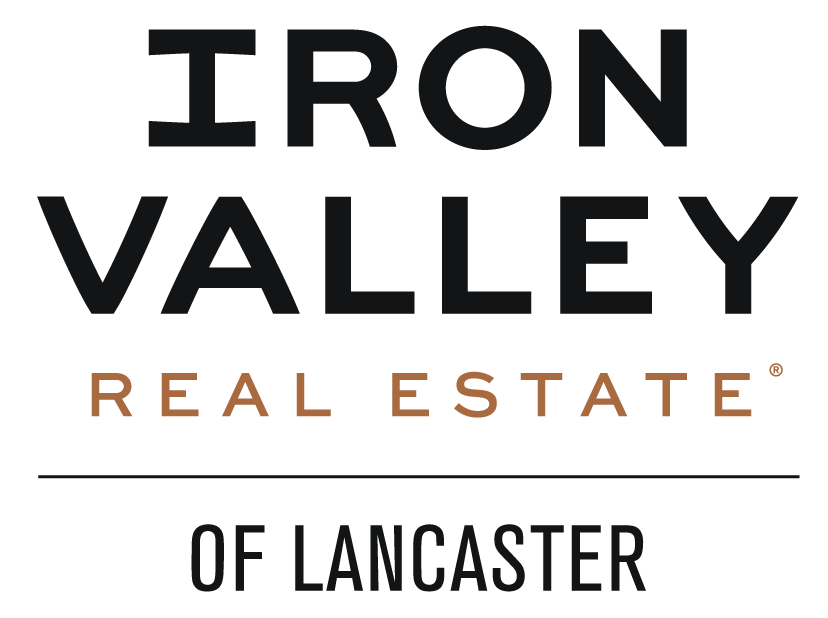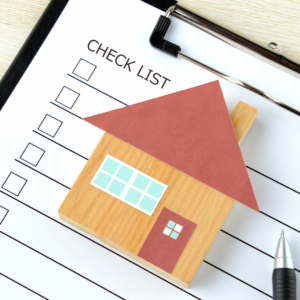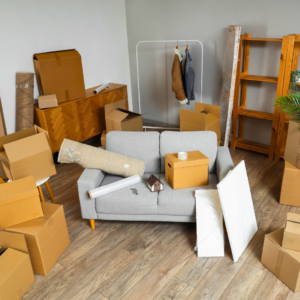Buying a home is a huge step—it’s exciting and a little anxiety producing. Whether it’s your first house or you haven’t bought a home for awhile, the process can feel a bit overwhelming and scary. You’re probably wondering where to start and what things to watch out for. Here are 11 tips you need to know.
1. The Timing To Buy Is Personal
Timing has to be right for you. It depends on you and your family’s needs. You may have outgrown your living situation and need to upsize. Or maybe you’re an empty nester looking for a smaller space. Or you’re just tired of renting. Whatever the case, you will know when your needs call for a new home.
Pro Tip: If you’re waiting for the perfect time with the best interest rates, no competition, and lots of inventory, you will be waiting a long time. There is no “perfect” time, just the right time for you
2. Pre-Approval & Cost Estimates
Get your financing set up early in your homebuying journey. If there are any issues with your ability to get a loan, you will find out in the pre-approval process. You will also find out how much money you can spend on a house, how much you need for closing costs, and what your monthly mortgage payment will be.
Pro Tip: Get two or three lender quotes (a mortgage company and a bank) to see what products they offer. Ask each to match or beat the best offer.
3. Set Your Budget Before the Bank Does
If you don’t already have a monthly budget, write one out. When purchasing a home, you really need to know your monthly expenses. Choose the maximum monthly payment you can comfortably live with before seeing what a bank will lend you. You may get pre-approved for an amount higher than what works for your budget.
Pro Tip: There are many phone apps and online budget tracking websites to help you set up your budget and track your spending.
4. Your Agent Matters (A Lot)
The right agent listens, communicates, and doesn’t push. She’s experienced, a good negotiator, and calm under pressure. Ask friends for referrals. Check Google reviews. Ask how many homes she sells a year. And make sure you like her. You’ll be talking to your person a lot.
Pro Tip: Every good realtor should offer a free homebuyer consultation where you can meet in person, ask questions, and see if she is a good fit.
5. Focus on Non-Negotiables
Make a short list of things you can’t change that are deal breakers for you. Things like the location, the size of the home and the yard, and how many bedrooms and bathrooms. Cosmetic changes can be made over time, but there are some features that you cannot change.
Pro Tip: Focus on things that can’t be changed and don’t be distracted by a new kitchen if the house is in the wrong location.
6. Start Touring Early
Housing inventory is tight. It could take some time to find the right home. Start looking for a home before you’re in a crunch to find one. This allows you to tour homes, decide what’s most important to you, and write offers until you are successfully under contract.
Pro Tip: If you’re renting, don’t wait until the last month of your lease to start looking. You’ll need time to find a house.
7. Homes Look Different In Person
Photos don’t tell the whole story! Buyers are often disappointed to find a house is smaller than they thought, needs a lot of repairs, or is along a busy road. Don’t fall in love with a house based on the listing. Keep an open mind and go see it in person.
Pro Tip: Drive by the house or zoom in on the overhead map to see if the house is by a busy road or near powerlines before you schedule a showing.
8. Understand What Makes a Strong Offer
Price isn’t the only factor when writing an offer. Clean terms, high earnest money deposit, the type of financing, and appraisal gap coverage all matter. If you are in a competing situation, consider what terms are favorable to the seller and if these terms work for you.
Pro Tip: If you have multiple contingencies, consider homes that have been on the market for several days, not “just listed” properties.
9. Upfront Costs Before Closing
If your offer is accepted, you will need to pay the earnest money deposit, usually within five days of going under contract. You will pay for any inspections you choose to do directly to the inspector at the time of the inspections. You will also pay for the appraisal when it’s ordered.
Pro Tip: The earnest money deposit is usually thousands of dollars and you will need to have it readily available.
10. Costs You Might Not Think Of
Before you decide on a house, check the average costs for utilities and homeowner’s insurance. Also budget for moving expenses, such as packing supplies, trailer rentals, and time off work. If you have a lot of stuff to get rid of, set aside money for a junk hauler to make your move easier.
Pro Tip: You may want to change locks/buy new door knobs and make keys when you move into a new house.
11. An Empty House Isn’t As Pretty
Before closing, you will walk through the house one more time for your pre-settlement walk through. Typically the seller is already out and the house is empty. You will see holes in the walls, paint scuffs, and other imperfections you didn’t notice when it was decorated.
Pro Tip: A seller only has to “broom sweep” so be prepared to do a thorough cleaning of your new home.
Final Encouragement
Homebuying is a big step! There are a lot of things you won’t know until you’re in the process, and that’s okay. Your realtor will walk you through every step to get you from signing a contract to closing. Take a breath and enjoy the journey!
For a FREE homebuyer’s guide or consultation, contact us: lisagrahamrealtor.com







